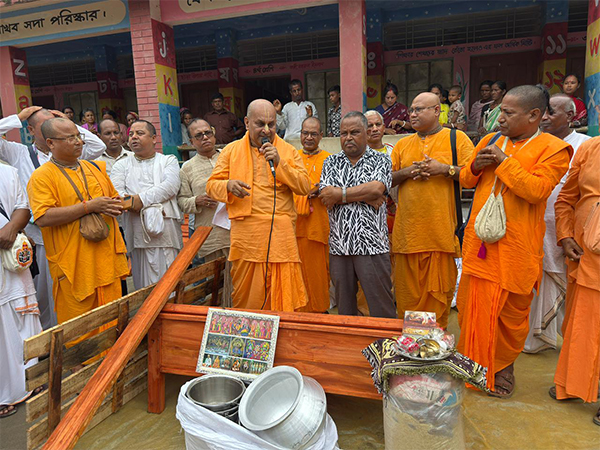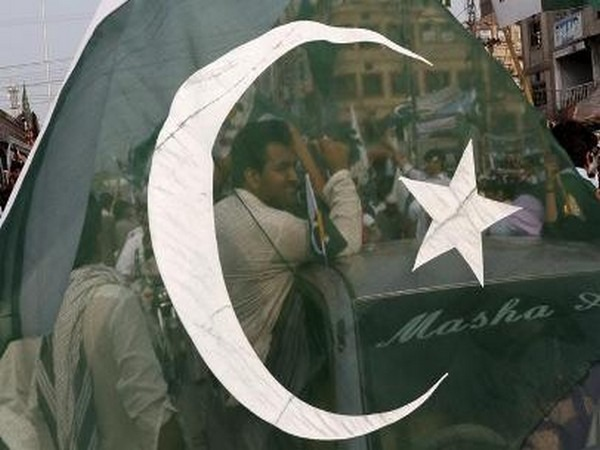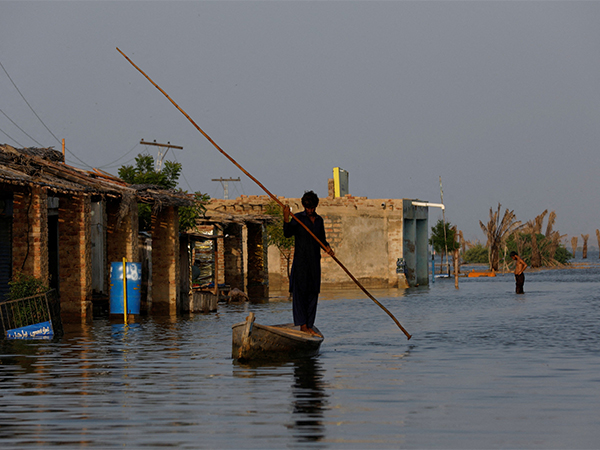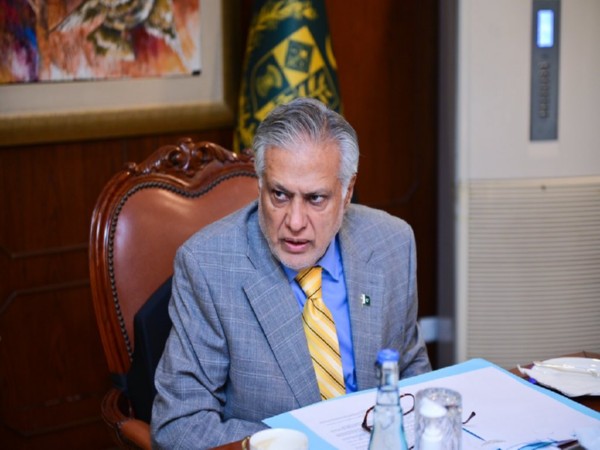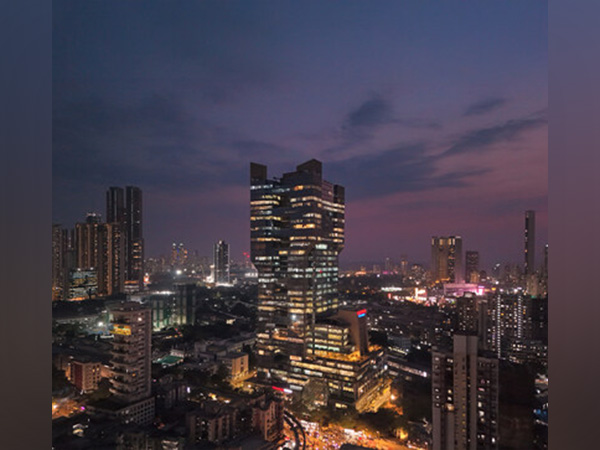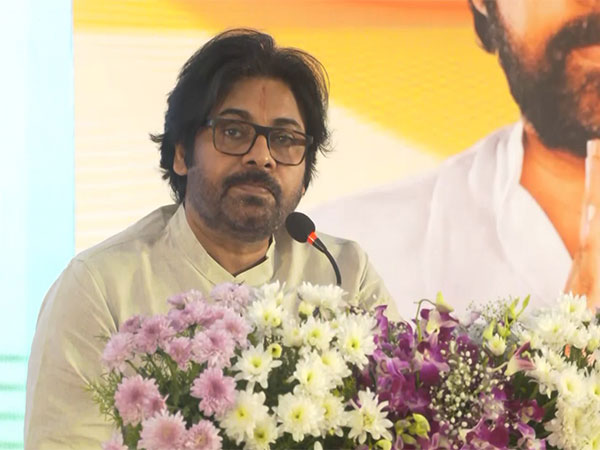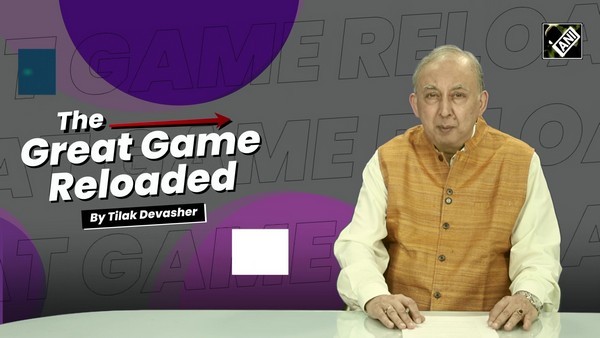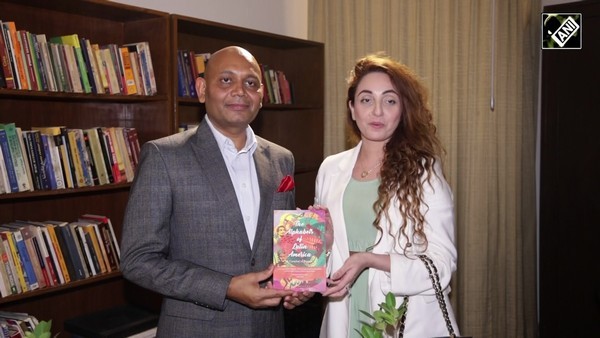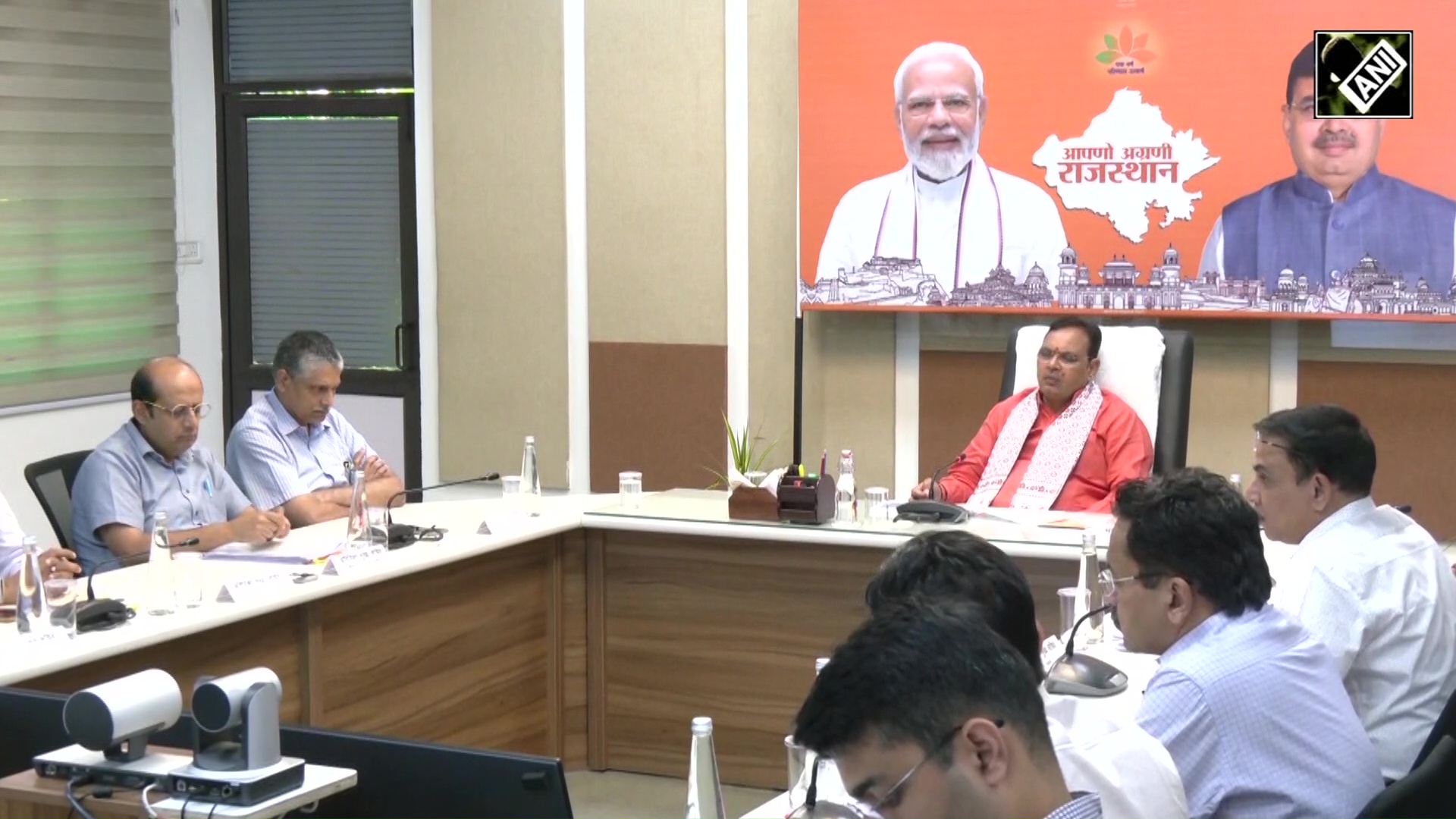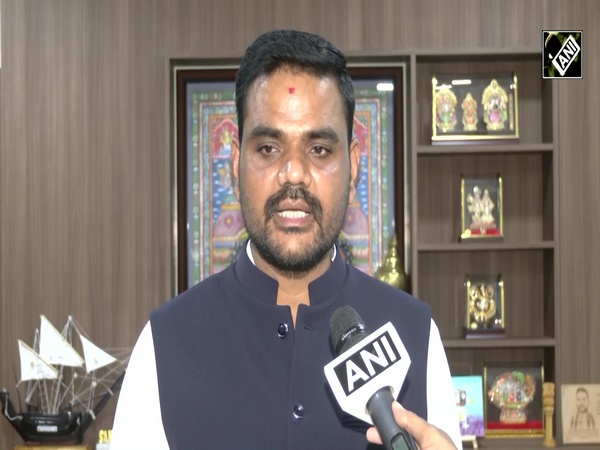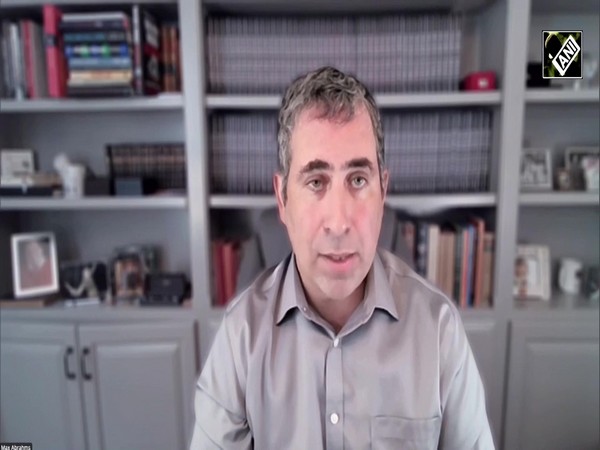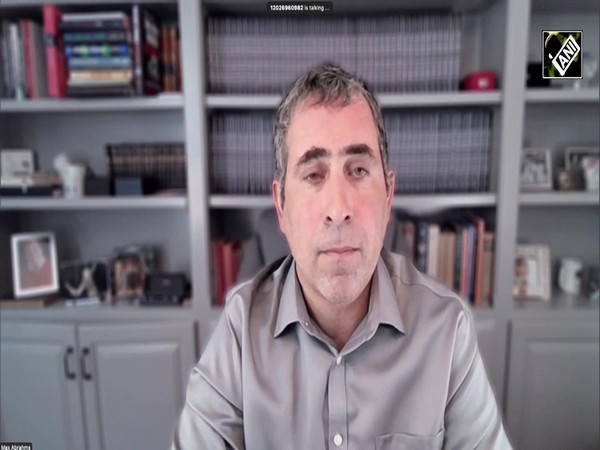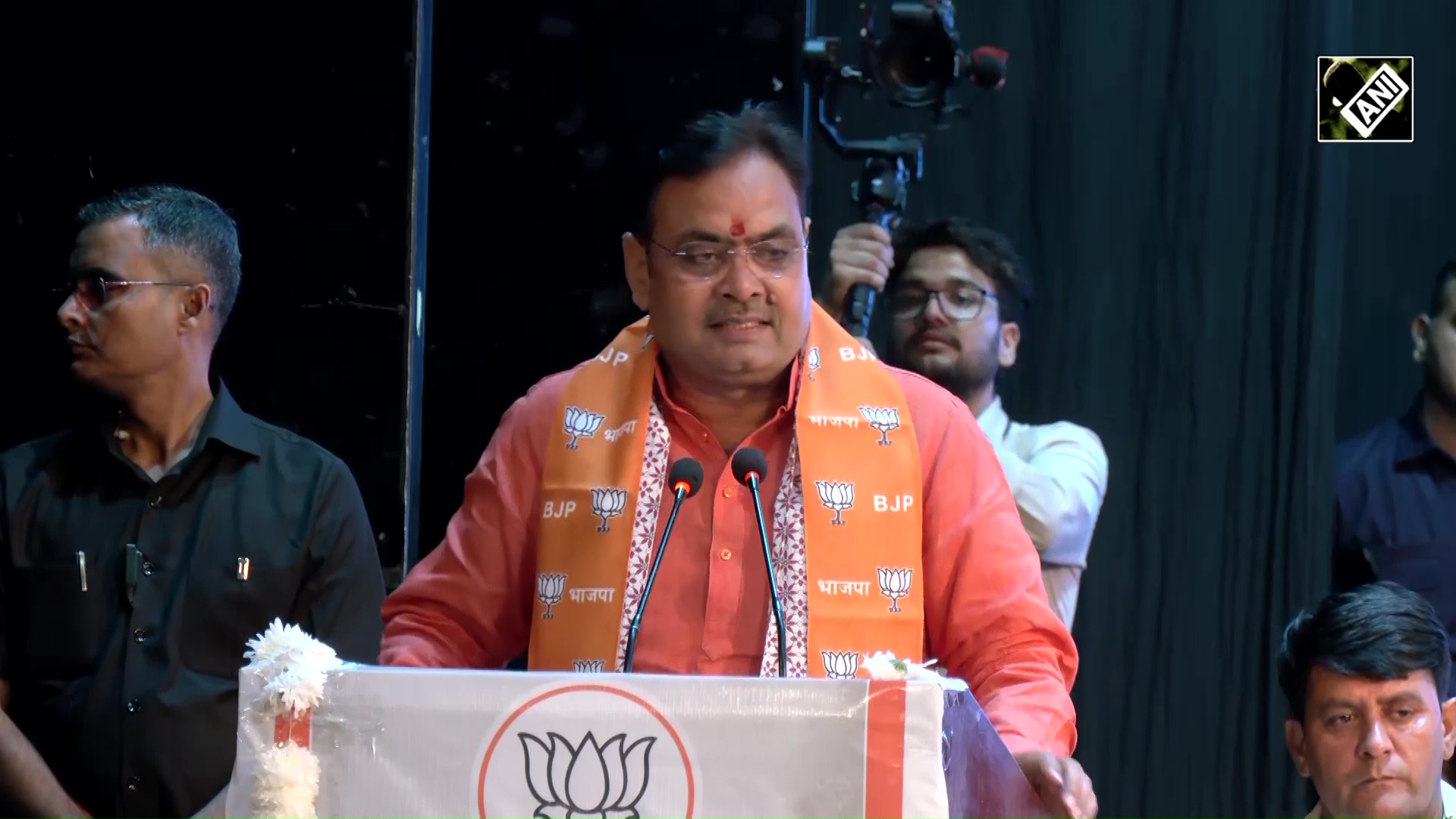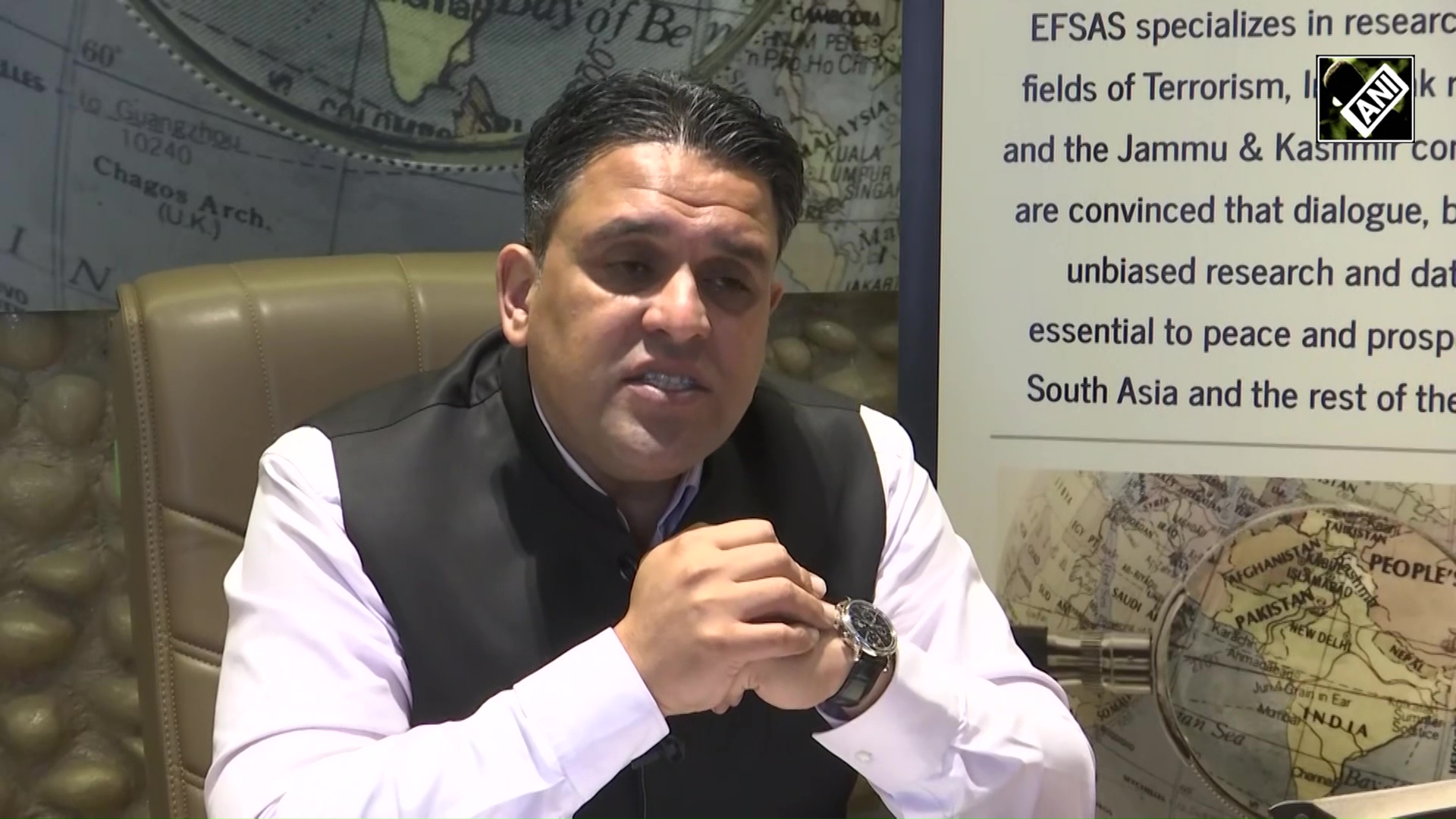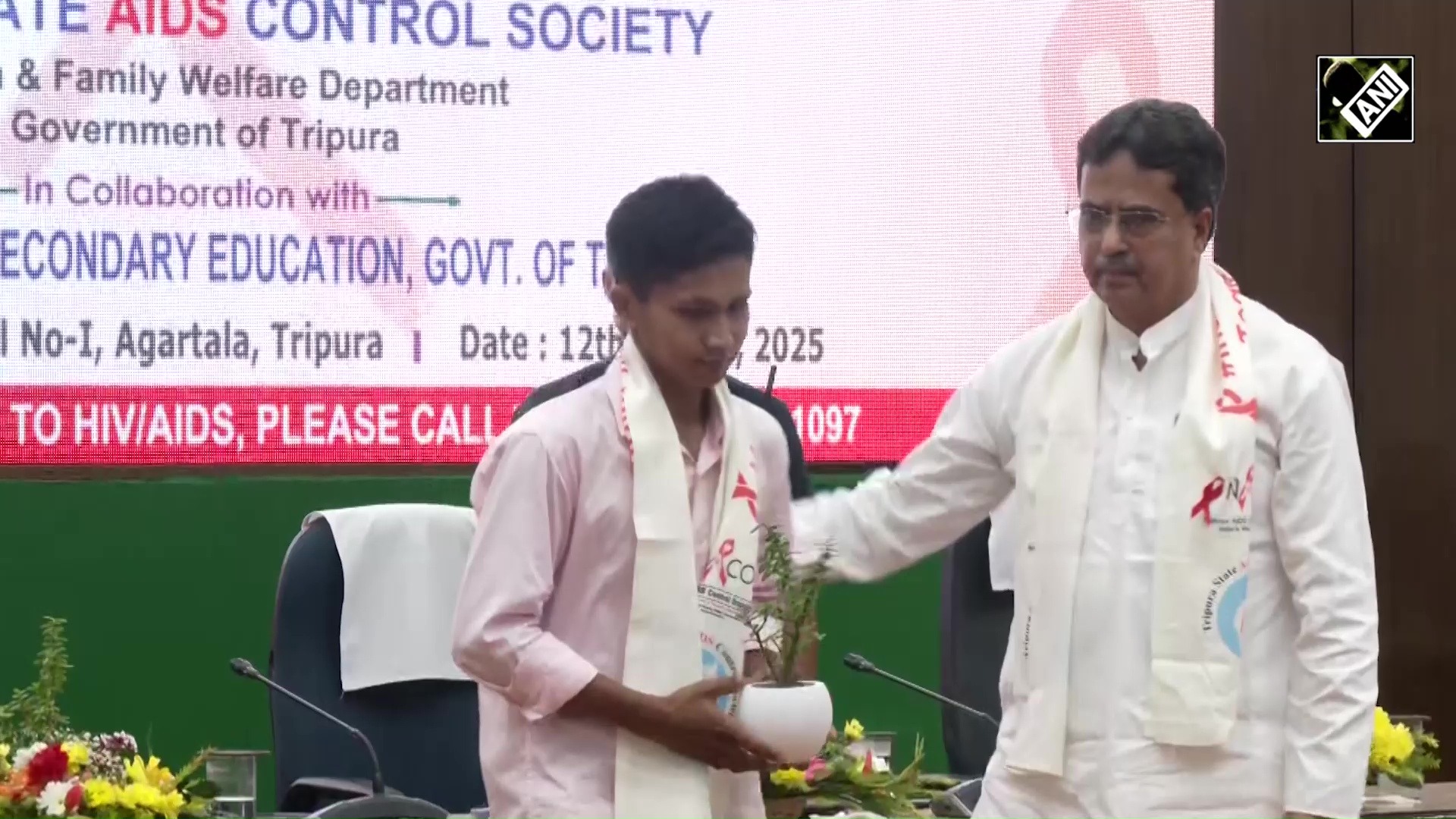Covid-19 pandemic presents India with 'rare' opportunity to question China on poor human rights record: EFSAS
May 02, 2020

Amsterdam [The Netherlands], May 2 : The coronavirus pandemic has presented India with a "rare and welcome" opportunity to question China over its scant regard for basic human rights, which has displayed by the country's irresponsible and callous attitude towards the outbreak that has killed over 2 lakh people globally and caused economic mayhem, said a European think-tank.
Recalling External Affairs Minister S Jaishankar's calling out for the reform of multilateral systems and organisations in the wake of the Covid-19 crisis during a video conference of the BRICS Foreign Ministers on March 28, the European Foundation for South Asian Studies (EFSAS) said, "Perhaps the reform of multilateral systems and organisations proposed by Indian EAM Jaishankar at the BRICS conference obliquely included making democracy and adherence to rule of law and human rights prerequisites for the enjoyment of vetoes or any other such special privileges in multilateral organisations."
"The point here is not that India and other like-minded countries would succeed immediately in such an endeavour, especially given that some other autocratic governments and those indebted to China economically would continue to extend support to China, at least in the immediate term. The aim would rather be to get the narrative, a well-justified one, started and alive," the commentary added.
In addition to the obvious advantages that a weakened China yields for India, ranging from boundary negotiations between the two countries to diluted support on terrorism for Pakistan from China at international fora, the changed geopolitical environment and anti-China sentiments would need to be exploited wisely and effectively by India in order to make the most of a favourable situation, EFSAS said.
It stated that the credentials and standing in the international community of India, an Asian democracy whose population is almost the same as China's, have consistently been of a high order. "Despite this, India has been at the receiving end of the Chinese veto on many an occasion in the United Nations Security Council. This has extended to China even blocking the designation of Pakistani terrorists repeatedly and groundlessly," the think-tank said.
Among the economic steps that hundreds of western companies are reportedly contemplating in the wake of Covid-19 is shifting their manufacturing bases out of China to other countries that offer similar economic advantages but do not suffer from the political and credibility pitfalls that China does, the commentary noted.
"Countries such as India and Vietnam are increasingly figuring in the plans of these companies," it said.
Anticipating the exodus of these companies from China, Prime Minister Narendra Modi has emphasised in two recent high-powered meetings the urgent need for Indian states to prepare themselves to reap the benefits by presenting themselves as viable and desirable alternatives.
"If large scale relocation of companies indeed does happen, India can gain considerably at China's expense," EFSAS said.
It said that China's disproportionately strong objections to any suggestion by the international community that an investigation into the origins of Covid-19 be conducted is inexplicable.
"China's evolving narrative on the coronavirus' origins since February reveals a two-pronged approach aimed at redirecting blame away from China and sowing confusion and discord among China's detractors for its bungling of its initial coronavirus response," the think-tank noted.
The narrative being peddled by the Chinese government both internally to the Chinese populace, and externally, is that the COVID-19 did not originate in China. When it did spread, it was the failure of the local rather than the central government. "Had that actually been the case, China would have nothing to fear from any such investigation," EFSAS said.
In fact, as per the official figures, the Chinese Communist Party responded extraordinarily well to the virus outbreak and it has done better than other countries like the US. So much so that it is also supporting other countries in this time of crisis by supplying medical equipment, no matter that the equipment has been found to be defective or non-functional in a large number of cases, the commentary stated.
"Internally, this narrative is being received with a degree of skepticism, whereas externally it has very few takers," it said.
